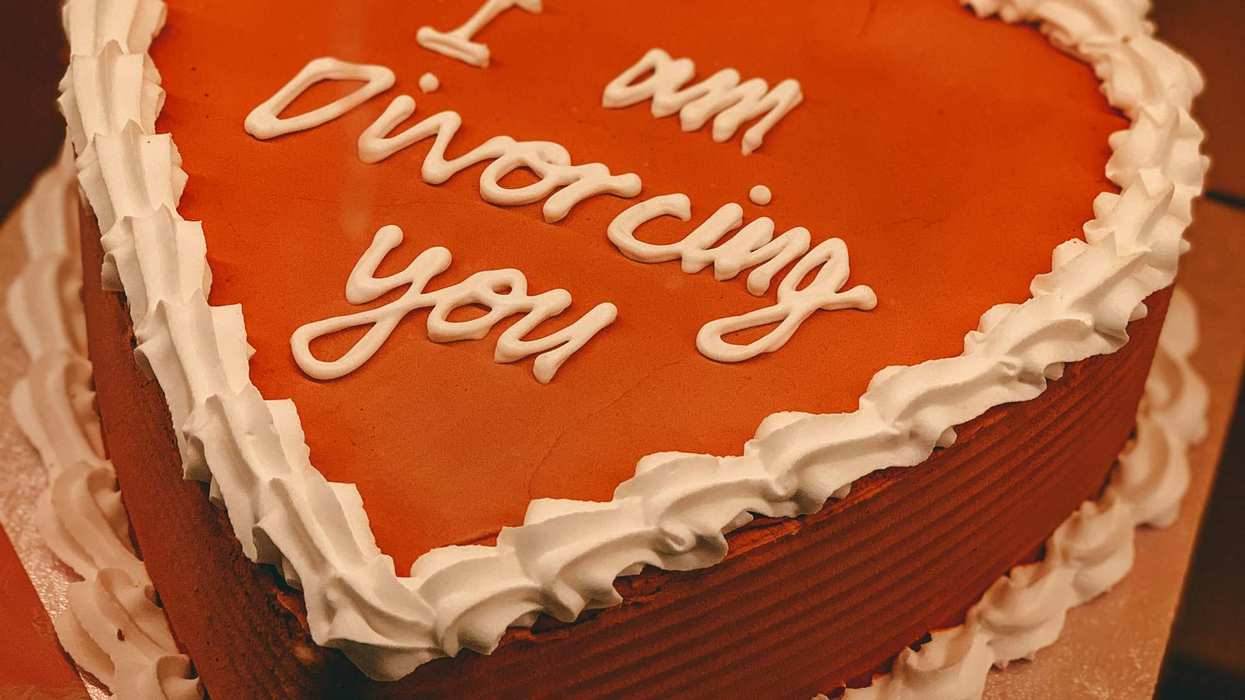Arguments about religious beliefs are cited constantly by those arguing against reproductive freedoms and seeking to ban abortions, but there are a whole lot of religions that have no problem with abortions—including many denominations of Christianity.
Cara Berg Raunick, a Women's Health Nurse Practitioner from Indianapolis, took issue with a recently passed abortion ban in her state. Berg Raunick, who is Jewish, disagreed strongly with legislators' claims to a belief life begins at conception–a very common claim among those seeking to prevent abortion access.
She said that life beginning at conception was a "Christian definition."
Berg Raunick said:
"That is a religious and values-based comment."
"A fetus is potential life, and that is worthy of great respect and is not to be taken lightly, but it does not supersede the life and health of the mother, period."
Disputes with the law like Berg Raunick's are the key to a lawsuit filed in October of 2022 that challenged the law based on it violating the religious freedoms of those whose faiths don't ban abortions.
The lawsuit, brought by five anonymous Indiana residents and the group Hoosier Jews for Choice, argued the ban violates their religious rights related to when they believe abortion is acceptable.
More specifically, the lawsuit cites Jewish law pertaining to when the fetus becomes a person.
"... under Jewish law, a fetus attains the status of a living person only at birth."
"Rabbinic sources note that prior to the 40th day of gestation, the embryo is considered to be 'mere water.'"
"Thereafter, the embryo or fetus is considered a physical part of the woman’s body, not having a life of its own or independent rights."
The suit further clarifies:
"Jewish law recognizes that abortions may occur, and should occur as a religious matter, under circumstances not allowed by S.E.A. 1 or existing Indiana law."
"An abortion should be allowed if necessary to prevent the mother’s mental anguish that could arise [7] from severe physical or mental health issues, even if there is not a physical health risk that is likely to cause substantial and irreversible physical impairment of a major bodily function."
And just to really bring the point home:
"Jewish law stresses the necessity of protecting the life and physical and mental health of the mother prior to birth as the fetus is not yet deemed to be a person."
"As noted by the 19th century Orthodox Rabbi, Moshe of Pressburg, '[N]o woman is required to build the world by destroying herself.'"
Ken Falk, legal director of ACLU of Indiana, said of the abortion ban:
"The ban on abortion will substantially burden the exercise of religion by many Hoosiers who, under the new law, would be prevented from obtaining abortions, in conflict with their sincere religious beliefs."
This lawsuit is just one of many throughout the country seeking to overturn the many state-level abortion bans that came about after the US Supreme Court's decision in Dobbs v. Jackson overturned Roe v. Wade and ended abortion protections at the national level.
More recently, Berg Raunick—who is a member of Hoosier Jews for Choice but not a plaintiff in the lawsuit—said of the situation:
"That has to mean protecting all religions, not just Christianity, and not just the majority."
"Now, we sort of wait and see how how true that is."
We will all have to wait and see whether the argument that these bans violate state residents' Constitutionally protected religious freedoms is a successful method of overturning these bans.

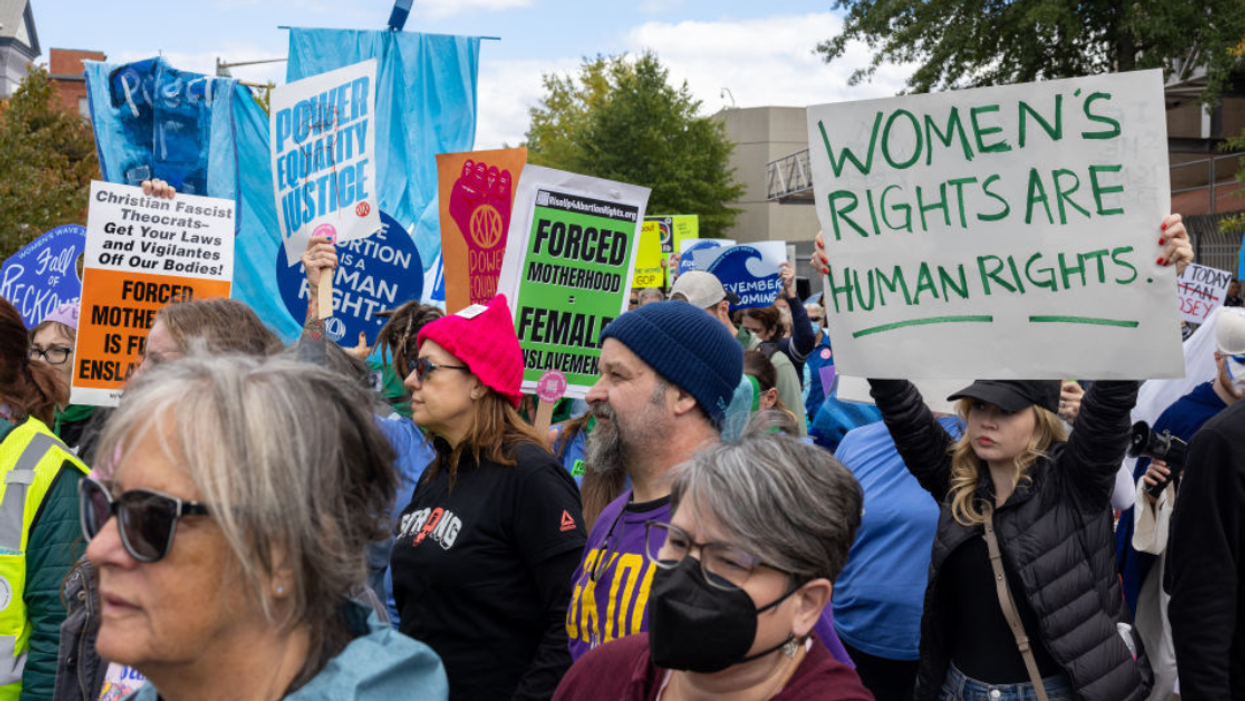

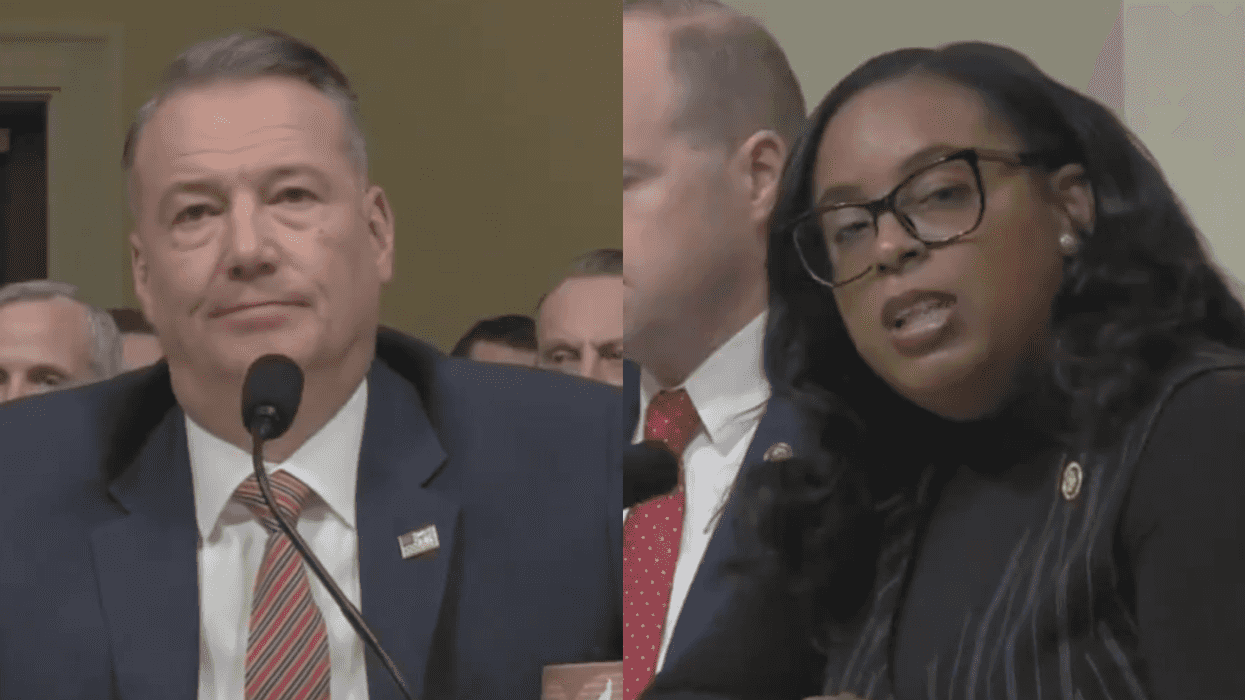




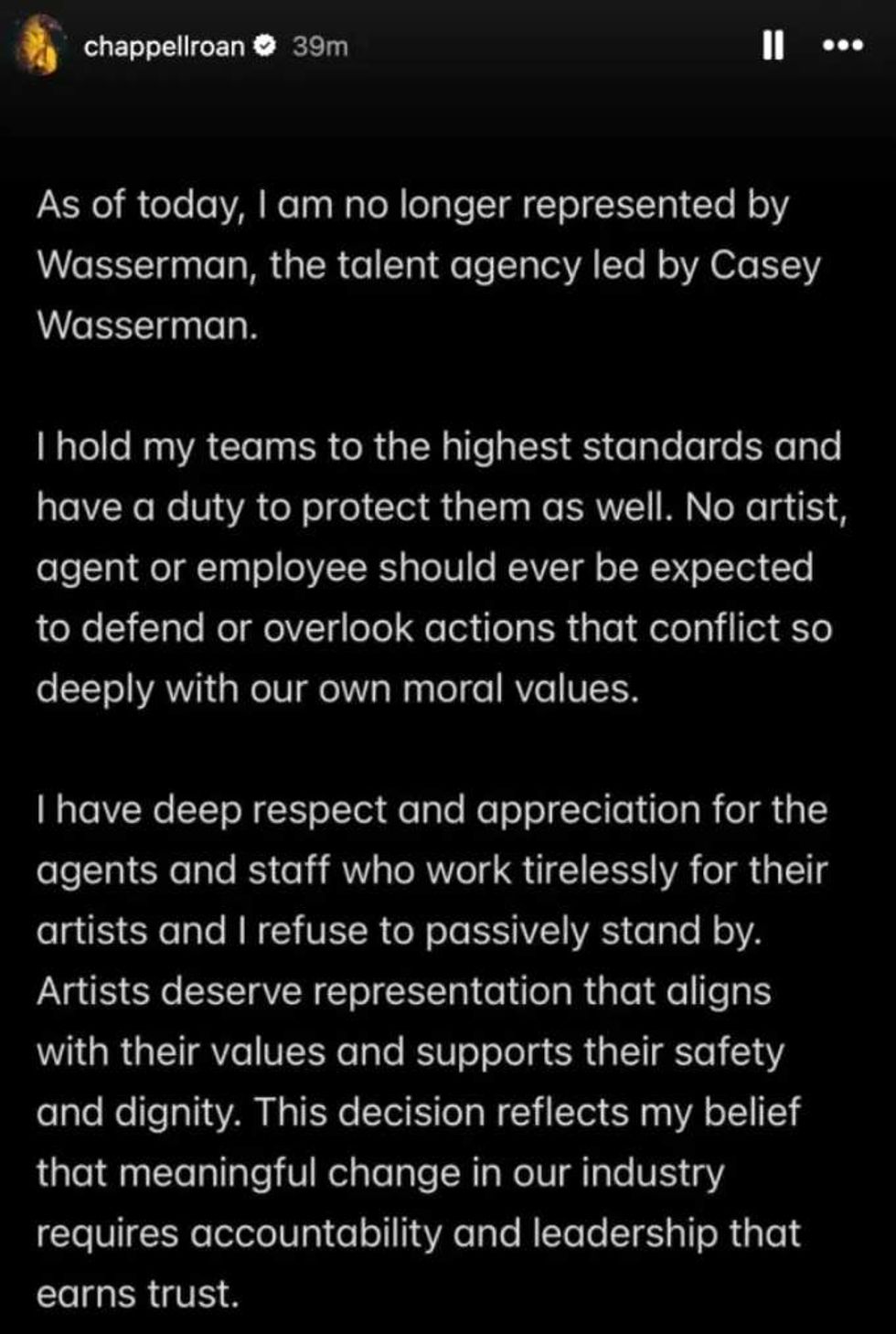 @chappellroan/Instagram
@chappellroan/Instagram r/Fauxmoi/Reddit
r/Fauxmoi/Reddit r/Fauxmoi/Reddit
r/Fauxmoi/Reddit r/Fauxmoi/Reddit
r/Fauxmoi/Reddit r/Fauxmoi/Reddit
r/Fauxmoi/Reddit r/Fauxmoi/Reddit
r/Fauxmoi/Reddit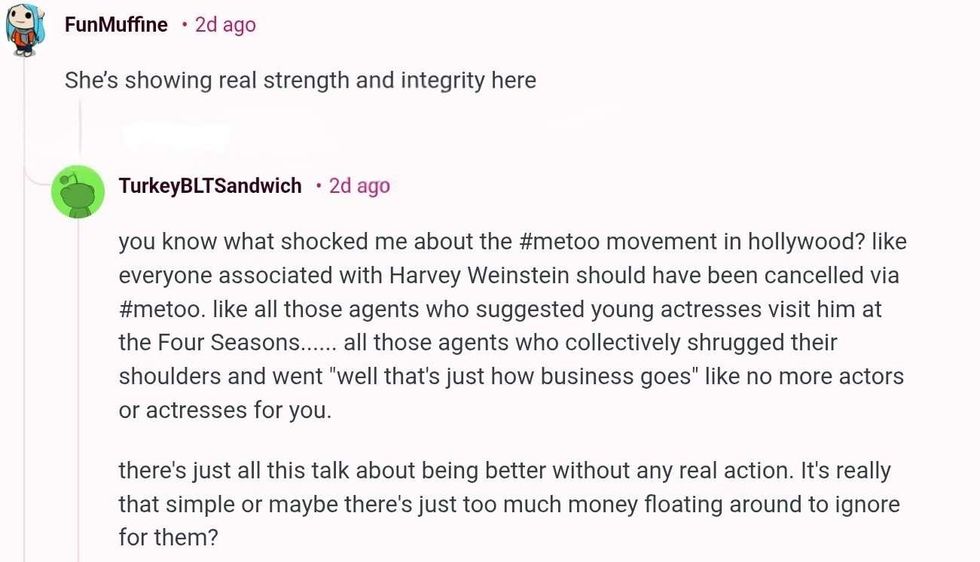 r/Fauxmoi/Reddit
r/Fauxmoi/Reddit r/Fauxmoi/Reddit
r/Fauxmoi/Reddit r/Fauxmoi/Reddit
r/Fauxmoi/Reddit r/Fauxmoi/Reddit
r/Fauxmoi/Reddit r/Fauxmoi/Reddit
r/Fauxmoi/Reddit r/Fauxmoi/Reddit
r/Fauxmoi/Reddit r/Fauxmoi/Reddit
r/Fauxmoi/Reddit r/Fauxmoi/Reddit
r/Fauxmoi/Reddit r/Fauxmoi/Reddit
r/Fauxmoi/Reddit @ANASKHA96399553/X
@ANASKHA96399553/X r/Fauxmoi/Reddit
r/Fauxmoi/Reddit r/Fauxmoi/Reddit
r/Fauxmoi/Reddit r/Fauxmoi/Reddit
r/Fauxmoi/Reddit

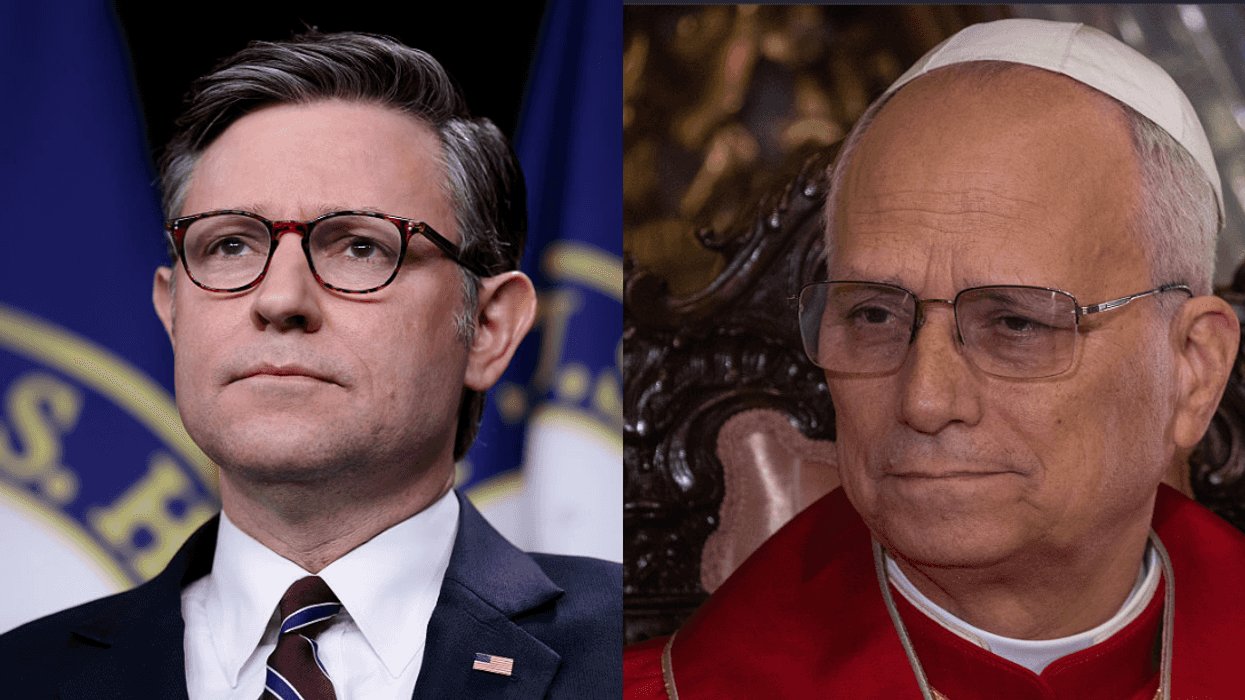


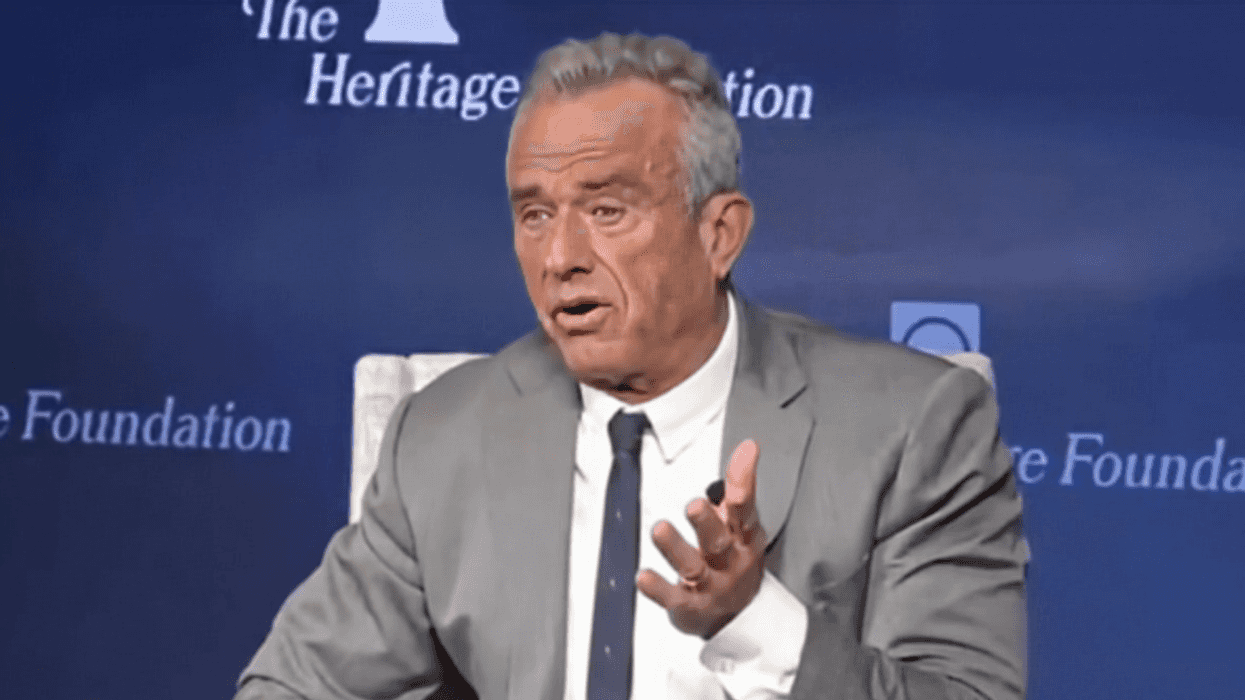
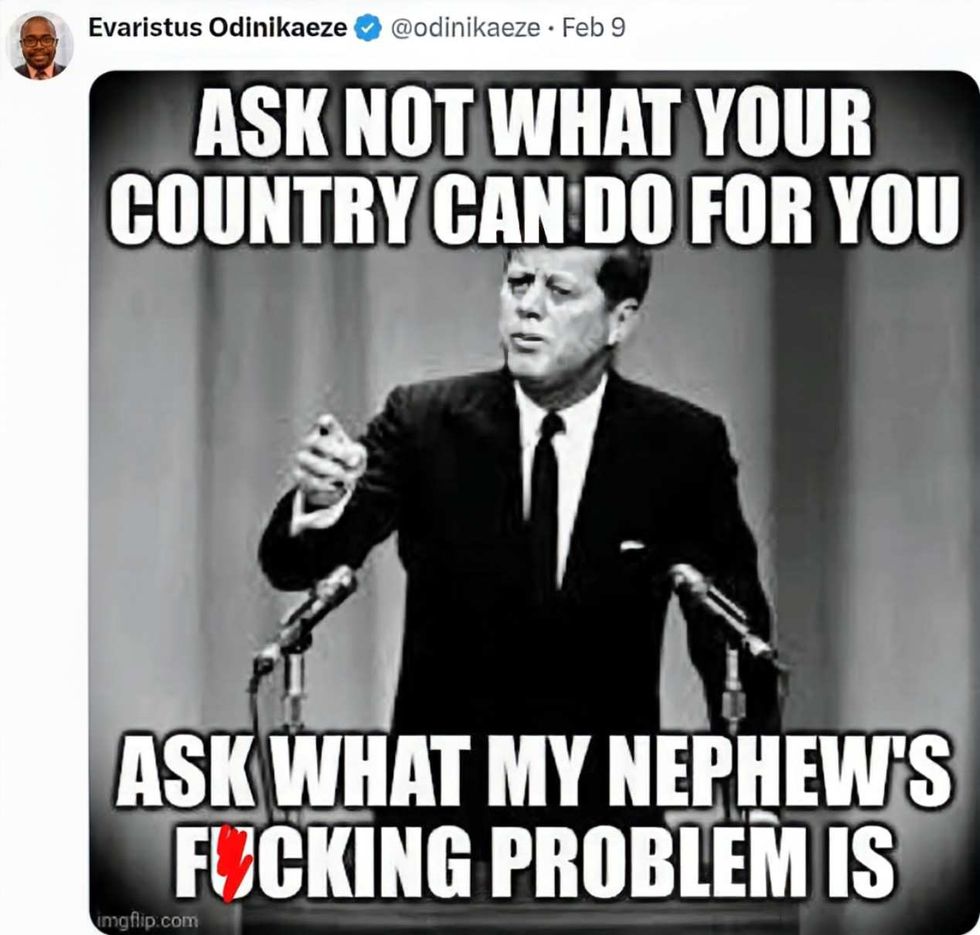 @odinikaeze/X
@odinikaeze/X @OneSixtyToOne/X
@OneSixtyToOne/X @Dazz222/X
@Dazz222/X

 The White House
The White House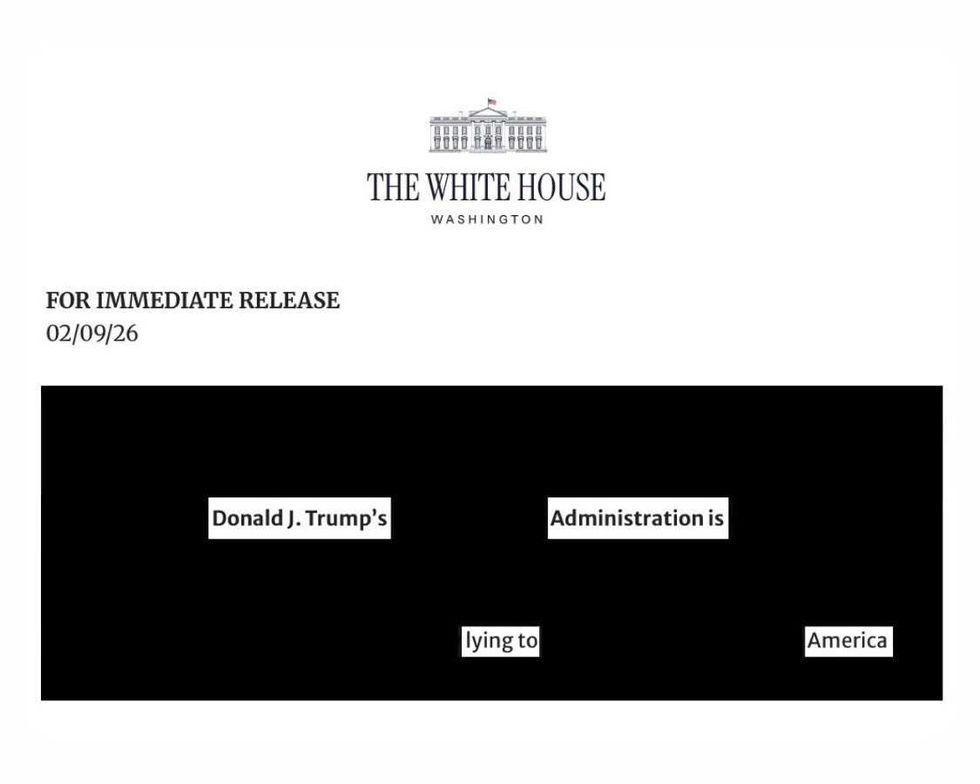 @JBPritzker/X
@JBPritzker/X